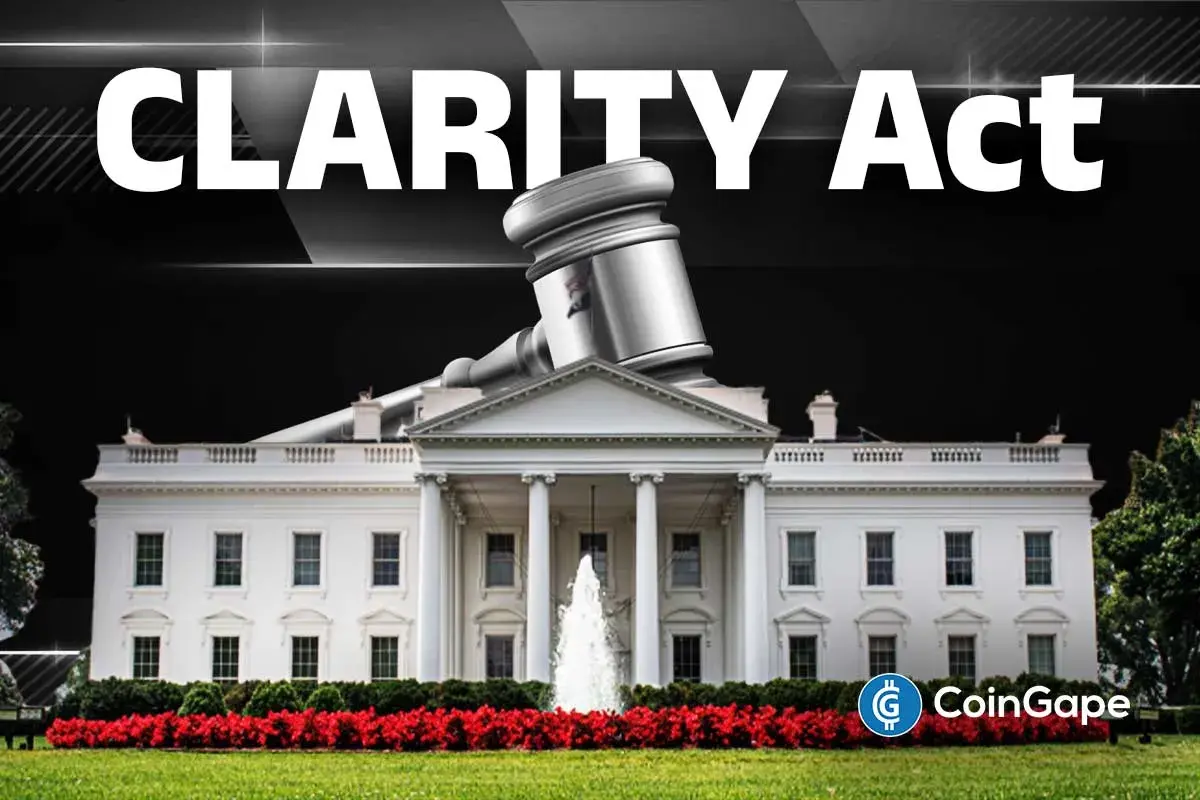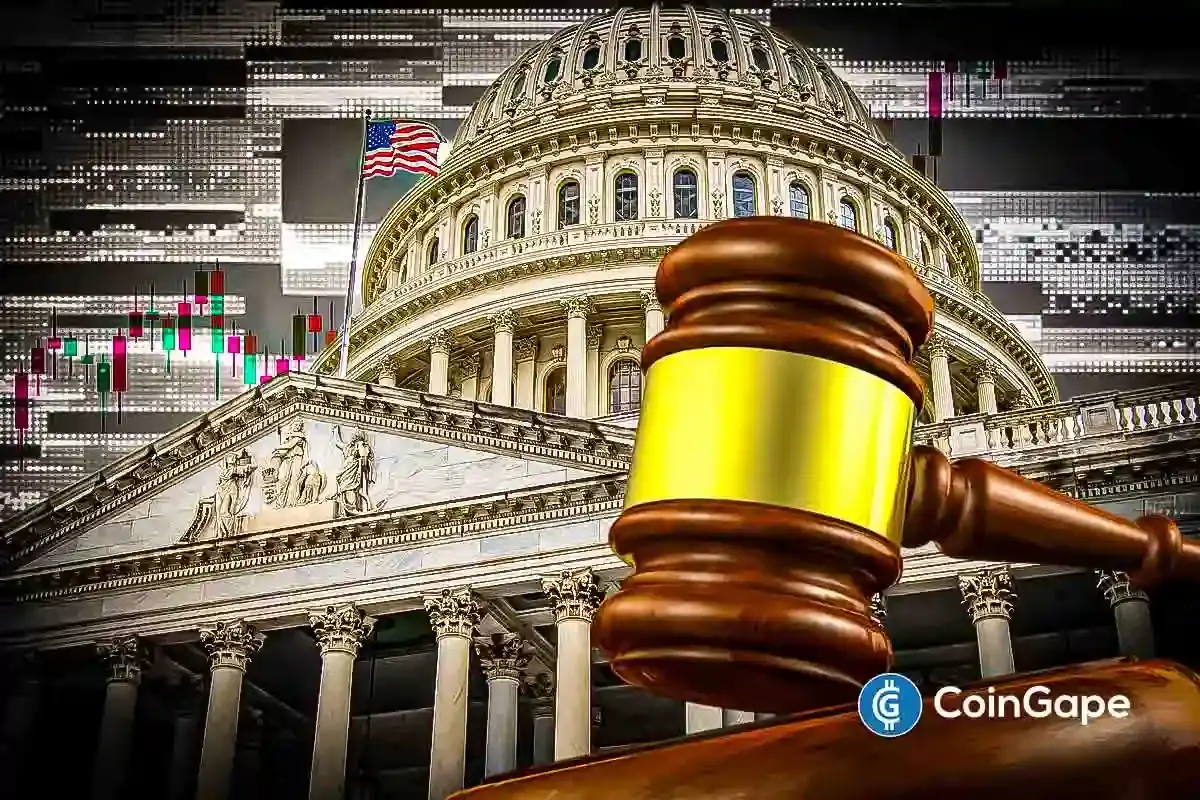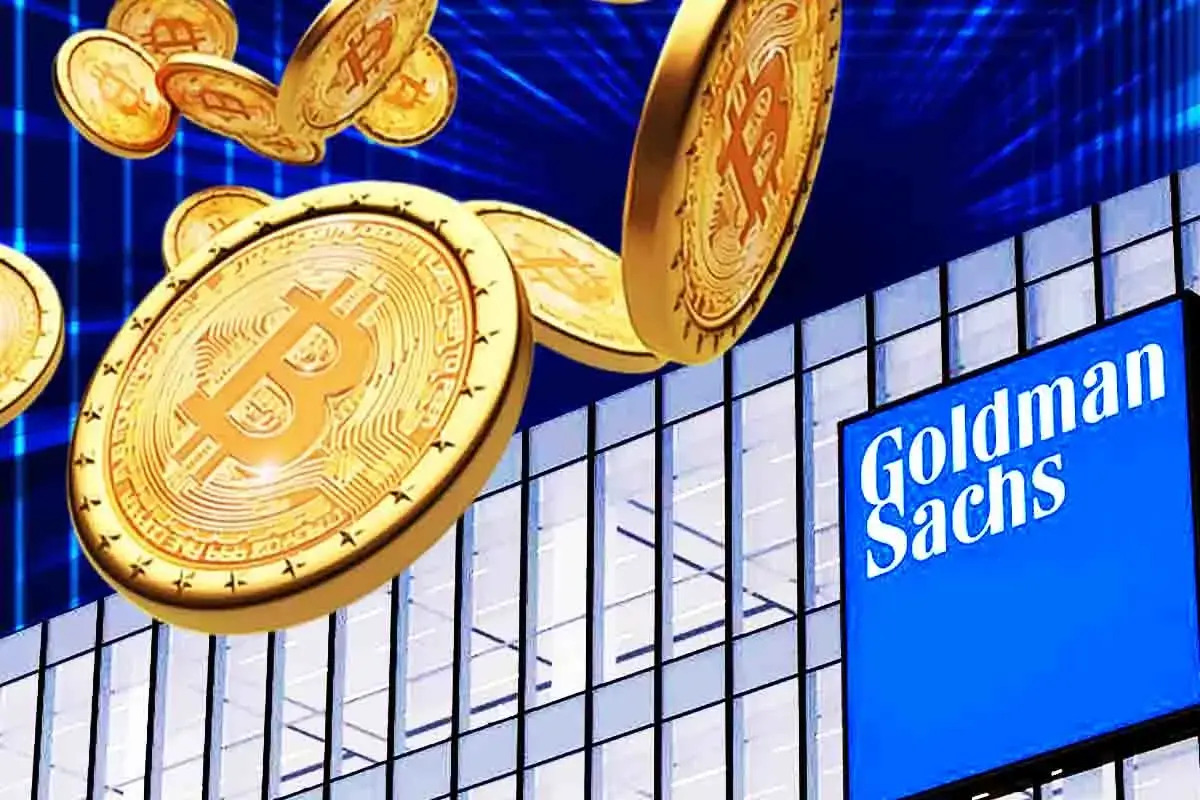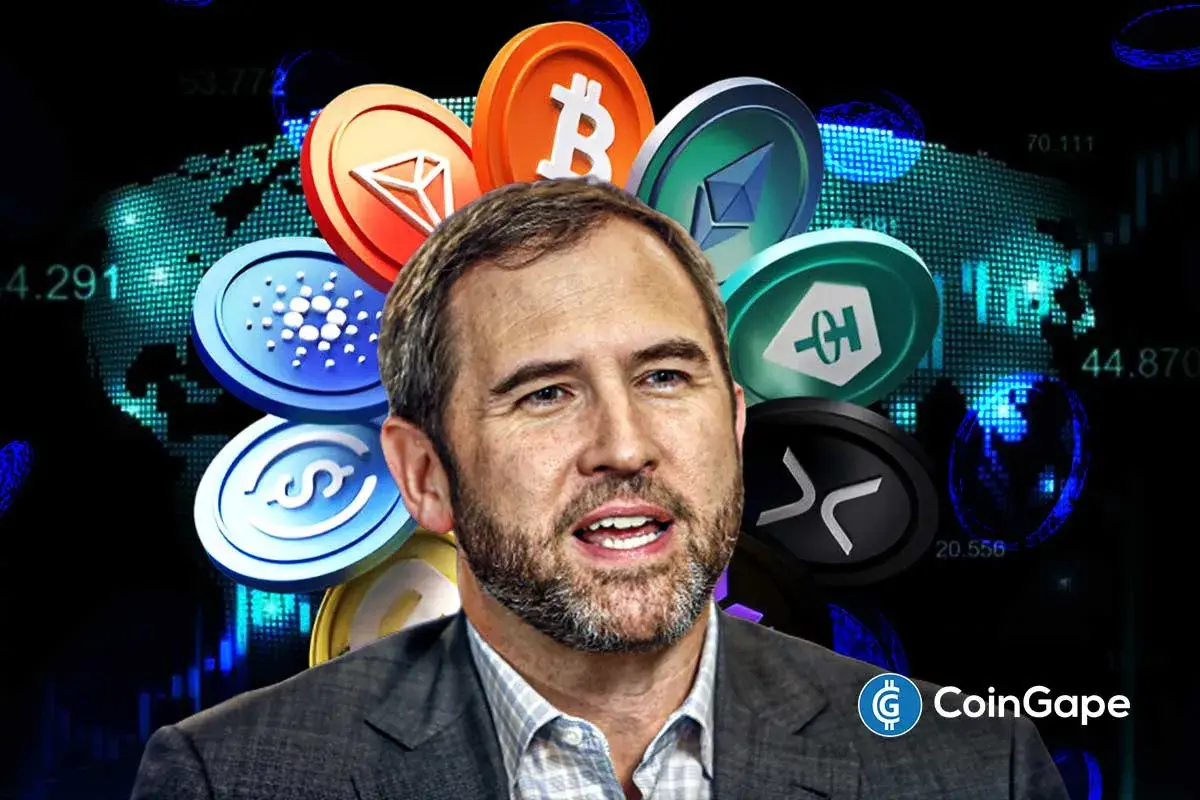US Banks Get Green Light to Handle Your Crypto? Here’s What OCC’s New Move Means

Highlights
- The OCC’s new interpretive letter confirms that US banks can offer crypto custody and execution services.
- Banks can also outsource crypto operations to third parties, subject to oversight.
- The move strengthens the regulatory clarity around crypto banking in the US.
The Office of the Comptroller of the Currency (OCC) has officially confirmed that US banks and federal savings associations are allowed to provide crypto custody and execution services. Published on May 7, Interpretive Letter 1184 expands on earlier guidance and brings more clarity to how banks can legally engage in crypto banking operations.
This update also gives banks permission to outsource crypto-related services like custody and execution to third-party providers, as long as they follow proper risk management protocols. It’s the clearest signal yet from the OCC that banks can play a direct role in crypto banking without regulatory ambiguity.
What the OCC’s Letter Actually Means for Banks
According to the OCC, banks are allowed to buy and sell crypto assets held in custody based on customer instructions. This means US banks can act as intermediaries in crypto transactions without needing to own the assets themselves.
The letter builds on two earlier pieces of guidance, Letters 1170 and 1183, which first touched on custody and crypto services. Now, it ties those together into a more structured framework. Importantly, the new guidance confirms that working with third-party providers is permissible. Now this is a big deal for banks that want to move quickly without building everything in-house.
The OCC also reminded banks that crypto custody must be in a “safe and sound manner,” with full compliance with all applicable laws. So, while the door is open, oversight and risk controls will be closely watched.
What This Means for Crypto Banking in the US
With regulatory clarity now in place, traditional banks may start offering digital asset services like wallet custody, trade execution, and even staking infrastructure.
The letter doesn’t change federal law, but it aligns banking guidance with the growing demand for crypto services. It’s a welcome move for the industry, especially as some regulators have taken a more cautious tone in recent months.
The US Leaps Ahead in Adopting Digital Assets
This decision by the OCC arrives as other parts of the US are stepping up their crypto game. For instance, Oregon just passed a law officially recognizing digital assets as collateral. This move aims to streamline crypto lending and increase institutional trust in digital assets as a financial tool.
Momentum is also building across states. In recent days, Texas, New Hampshire, and Arizona have moved toward building strategic Bitcoin reserves. States led by both Republican and Democratic governors are supporting these initiatives. This shows that Bitcoin is becoming a bipartisan topic in America’s financial system.
- Breaking: U.S. Supreme Court Strikes Down Trump Tariffs, BTC Price Rises
- Breaking: U.S. PCE Inflation Rises To 2.9% YoY, Bitcoin Falls
- BlackRock Signals $270M Bitcoin, Ethereum Sell-Off as $2.4B in Crypto Options Expire
- XRP News: Dubai Tokenized Properties Trading Goes Live on XRPL as Ctrl Alt Advances Project
- Aave Crosses $1B in RWAs as Capital Rotates From DeFi to Tokenized Assets
- Ethereum Price Rises After SCOTUS Ruling: Here’s Why a Drop to $1,500 is Possible
- Will Pi Network Price See a Surge After the Mainnet Launch Anniversary?
- Bitcoin and XRP Price Prediction As White House Sets March 1st Deadline to Advance Clarity Act
- Top 3 Price Predictions Feb 2026 for Solana, Bitcoin, Pi Network as Odds of Trump Attacking Iran Rise
- Cardano Price Prediction Feb 2026 as Coinbase Accepts ADA as Loan Collateral
- Ripple Prediction: Will Arizona XRP Reserve Boost Price?
















